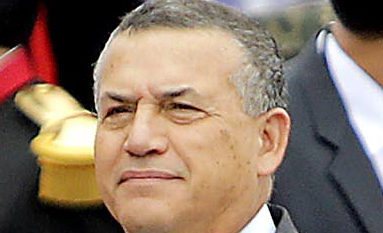
Former military officer Daniel Urresti, who is running for mayor of Lima on Oct. 7, was acquitted as co-author of the murder of journalist Hugo Bustios in 1988.
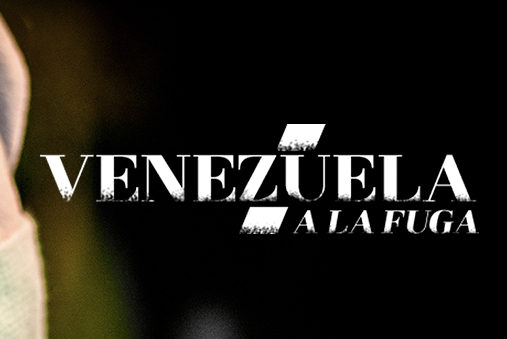
Stories about the effects of man-made environmental disasters, the fight for women’s rights and an international refugee crisis were recognized at the 2018 Gabriel García Márquez Journalism Awards.

The Peruvian journalistic site IDL-Reporteros, which in the middle of this year revealed a deep crisis in the country’s judicial system through the release of audio recordings of telephone leaks, asked the Inter-American Commission of Human Rights (IACHR) to demand that the government provide urgent protection measures for journalists and officials investigating the alleged acts of corruption.
Peruvian journalist Gustavo Gorriti, director of IDL-Reporteros, and his colleague and cofounder Romina Mella, presented a constitutional complaint for protection before the Constitutional Court of the Superior Court of Justice of Lima, for the continuous and aggressive demands toward their news site.
Peruvian investigative journalism site IDL-Reporteros received, for the third time this week, a request from judicial and legislative authorities to reveal its journalistic sources after it published a report revealing alleged acts of corruption in the Peruvian judicial system.
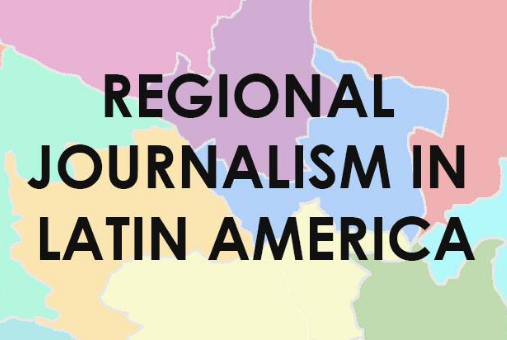
With the digital technological revolution of recent years and the crisis of the conventional business model of the newspaper industry –which until the beginning of this century was largely based on advertising revenues– many of the major newspapers have prioritized national and international coverage, leaving little left over for the regions.
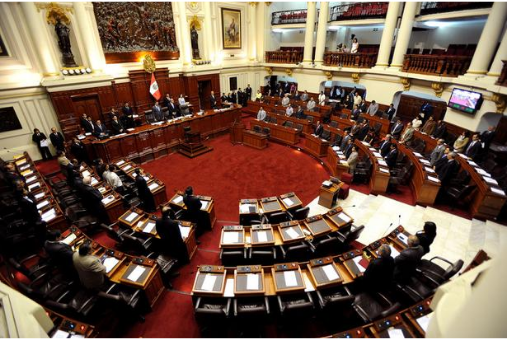
The Peruvian Congress ratified Law 2133, which prohibits official advertising in private media outlets, during the night of June 14. Advocates say it will curb public spending, but critics say it is a form of indirect censorship against media.
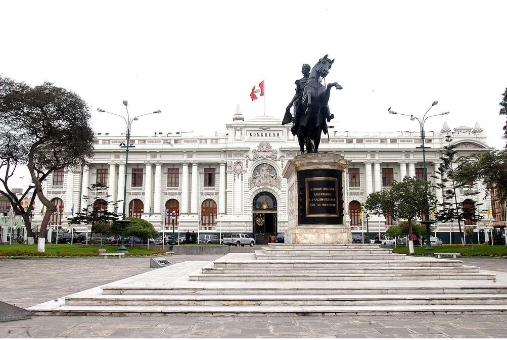
This week, the Plenary of the Peruvian Congress may approve a controversial law that prohibits state advertising in private media.
In #VenezuelaALaFuga (Venezuela On The Run), text, video, audio and data tell the stories of mothers, fathers and children who have left Venezuela for other parts of Latin America due to the ongoing crisis at home.
The Permanent Commission of the Peruvian Congress is evaluating a new bill that attempts to restrict state advertising only to national media and social networks. Private media would no longer receive state advertising.